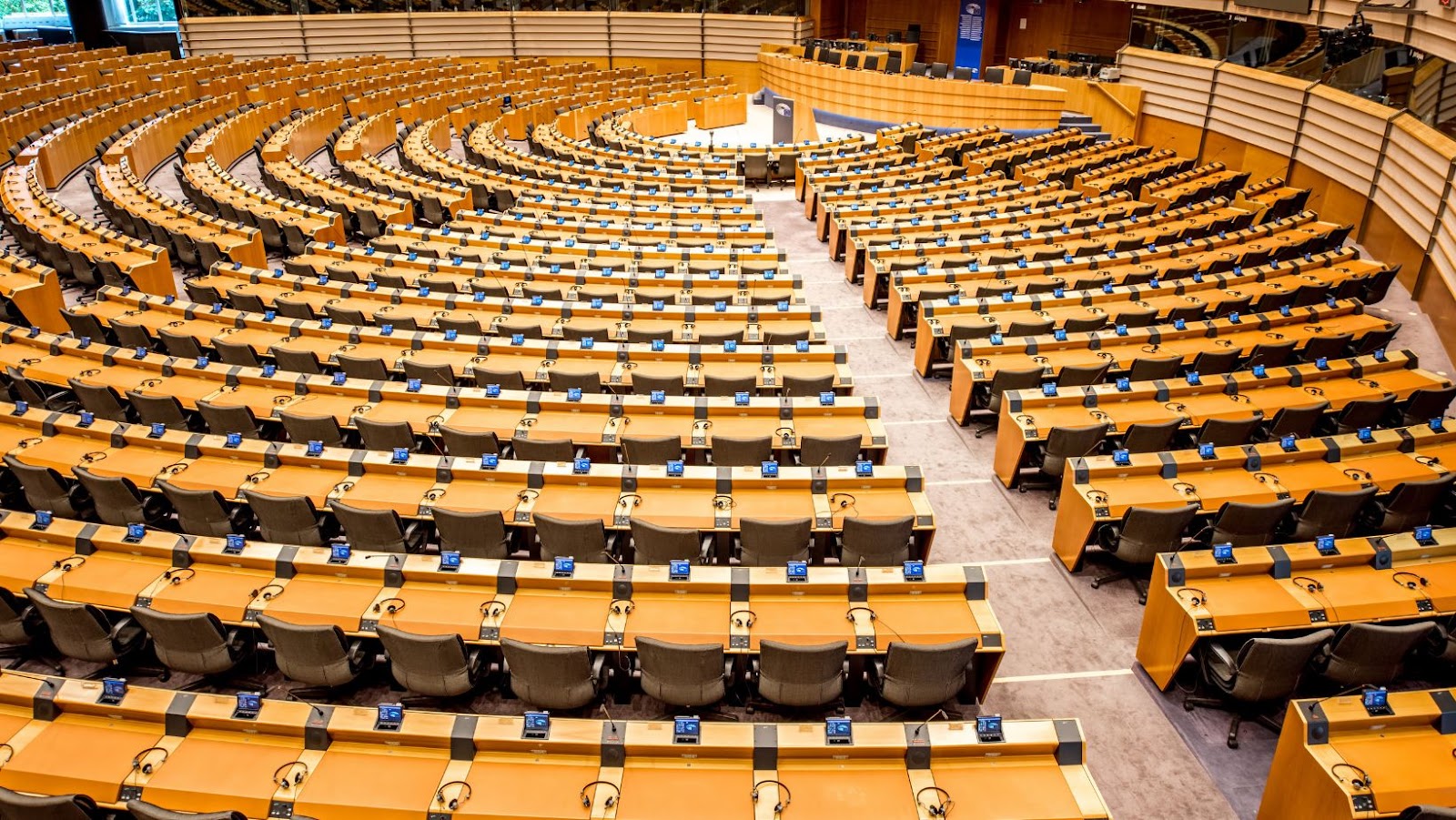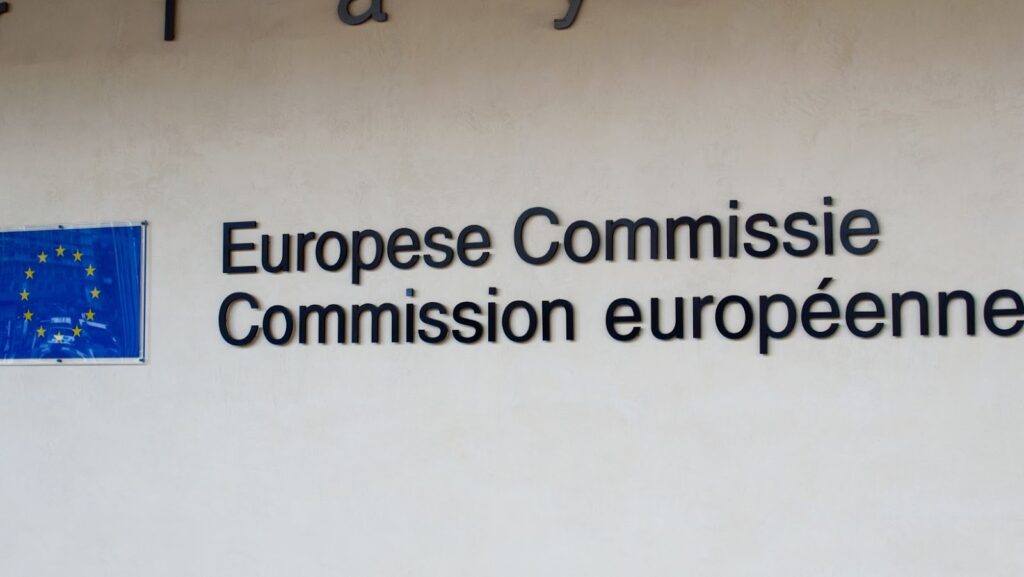The European Union has proposed new regulations to rein in Big Tech companies. The new rules would give the EU more power to investigate and punish companies that violate competition law. The proposals have been met with resistance from some member states, including Ireland and Germany.
The European Commission’s Proposal
The European Commission’s proposal on regulating Big Tech was presented on December 2, 2020. The proposal has two main goals: to give the EU more powers to investigate and sanction companies for antitrust violations, and to create a new set of rules specifically for Big Tech. The proposal would give the European Commission the power to impose fines of up to 10% of a company’s global revenue for antitrust violations, and would allow the EU to block companies from accessing EU markets if they are found to be in breach of competition rules.
The new rules would also apply to any company with a “significant market share” in the EU, which could include companies like Amazon, Google, and Facebook. These companies would be required to disclose their algorithms and business practices to the Commission, and would be subject to strict regulations on how they use data. The proposal has been met with criticism from some member states, including Ireland and Germany. Ireland is concerned that the new rules could lead to job losses in the tech sector, while Germany is worried that the regulations could stifle innovation.
The European Parliament’s Proposal
The European Parliament has proposed a set of regulations that would give the European Union more control over Big Tech companies. The proposal would allow the EU to fine companies up to 4% of their global revenue if they violate the rules. It would also give the EU the power to break up companies that are “too big to regulate.”
The proposal has been met with some opposition from member states, particularly Ireland and Germany. Ireland is home to many Big Tech companies, including Google and Facebook, and it is worried about the impact the regulations would have on these companies. Germany, on the other hand, is concerned about the lack of regulation of Big Tech companies and believes that the EU needs to do more to protect consumers. The European Parliament will vote on the proposal in March 2019.

Ireland and Germany’s Fight Over Big Tech’s Regulation
The European Union is set to release new regulations on how Big Tech companies operate. These regulations will be released in the next few months and will be binding for all Big Tech companies operating in the European Union. Ireland and Germany are already fighting over these regulations.
Ireland’s Position
Ireland, as the European Union’s chosen regulator of Big Tech companies, has come under pressure from Germany to take a tougher stance on the regulation of these companies. The German government has been critical of the way that Big Tech companies have been allowed to operate in the EU, and has called for them to be subject to stricter regulation. Ireland has so far resisted calls for stricter regulation, arguing that it would stifle innovation and hinder the growth of the tech sector. However, with growing pressure from Germany and other member states, it remains to be seen how long Ireland will be able to hold out against calls for tougher regulation of Big Tech.

Germany’s Position
Germany, along with France, has been pushing for stricter regulation of Big Tech, arguing that the companies have too much power and need to be reined in. In particular, the two countries have called for new rules on how companies collect and use data, as well as for greater transparency around the algorithms that power their services. Ireland, on the other hand, has been more hesitant to back tougher regulation, arguing that it could stifle innovation. The country has also been worried about the potential impact of any new rules on its thriving tech sector, which is home to many major international firms including Google, Facebook and Twitter.
The Implications of The Regulation
The European Union has been debating on how to approach the regulation of Big Tech firms. Some countries, like Ireland and Germany, are in disagreement with each other on how these firms should be regulated. Ireland wants a more hands-off approach while Germany wants to be stricter on these regulations. The implications of these regulations could have a big impact on the future of the internet.
For Big Tech
There are a number of implications for Big Tech if the European Union’s plans to regulate them come to fruition. Firstly, they will face stricter rules and regulations regarding their business practices. This could include anything from how they collect and use data, to how they treat competition. Secondly, they may be forced to restructure their businesses in order to comply with the new regulations. This could mean breaking up certain parts of their businesses, or selling off certain assets. Finally, Big Tech companies could be hit with heavy fines if they breach the new regulations.

For The European Union
The European Union is planning to regulate Big Tech companies in a way that would limit their power and potentially force them to sell some of their businesses. This would have implications for the global economy, as well as for the way we use and interact with technology. Ireland and Germany are two of the countries that are fighting over the regulation of Big Tech. Ireland is home to many of these companies, including Google and Facebook, and it is worried that the regulation will hurt its economy. Germany, on the other hand, wants to make sure that these companies are regulated so that they do not have too much power. The European Union’s plans to regulate Big Tech would have implications for the global economy and for the way we use and interact with technology.
tags = ireland vs germany, bigtech new regulation, german officials, irish officials, privacy rules, germany european parliament whatsapp financialtimes, google company, germany parliament germany whatsapp irish financialtimes, facebook company regualtion, google company regulation, microsoft comppany regulation, twitter company regulation


More Stories
Tips to Get Your Invoices Paid Faster
The Importance of E-invoicing Compliance in the Globalized Economy
The Future of Auditing: How AI and Automation Are Changing the Landscape